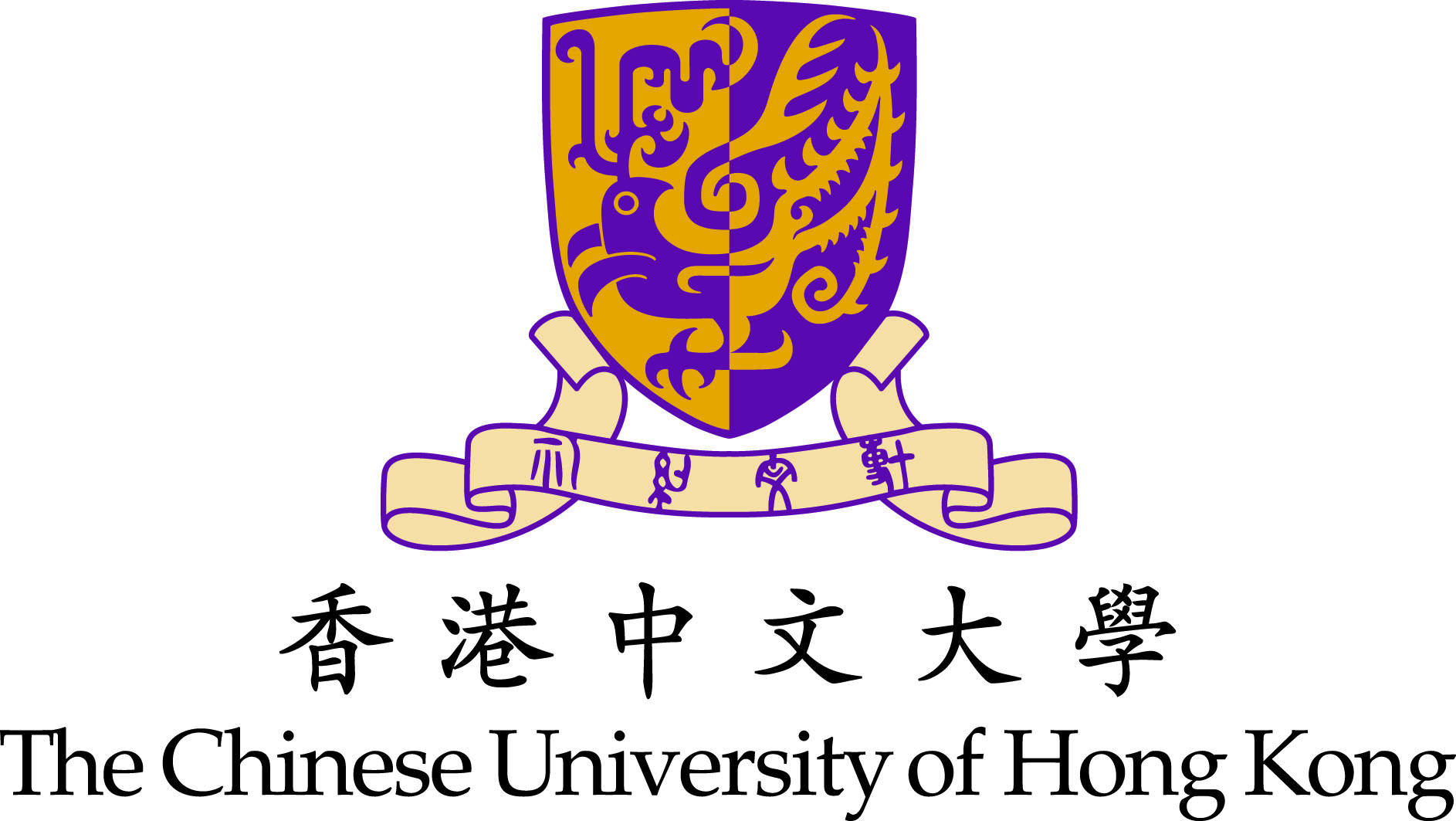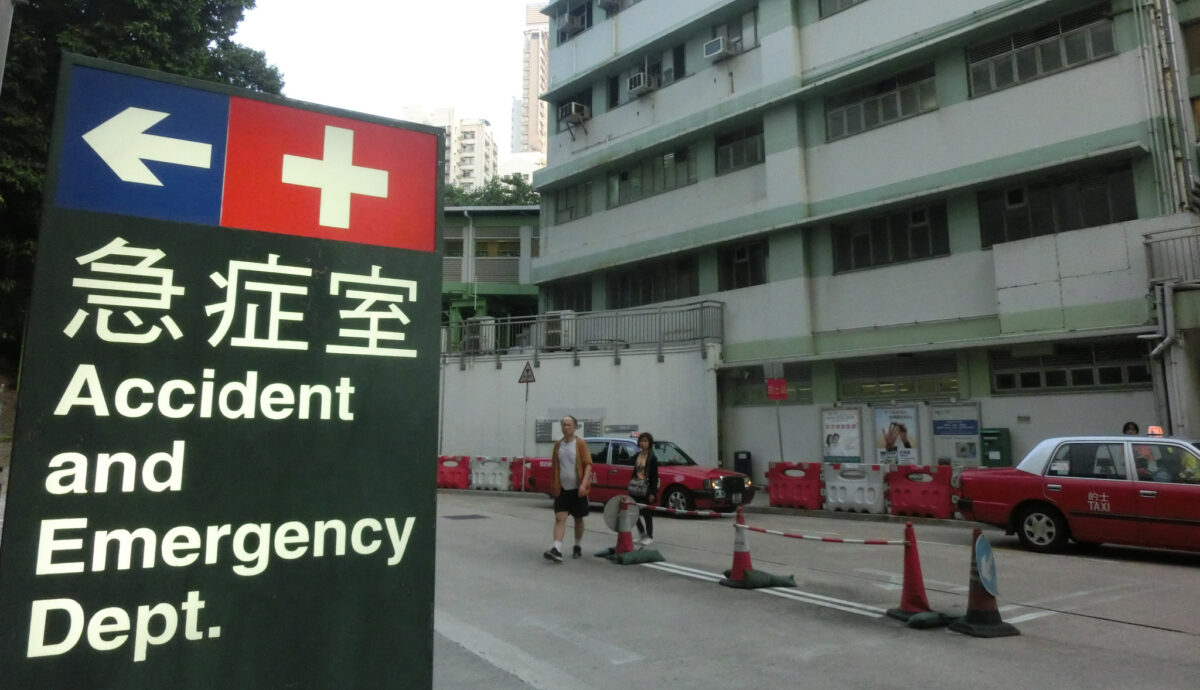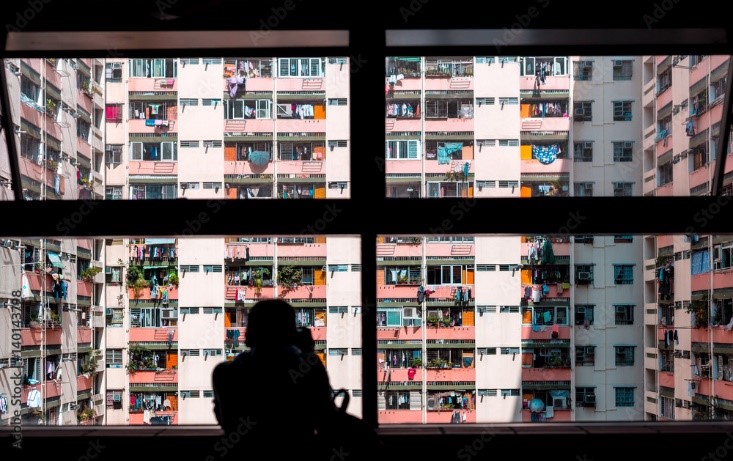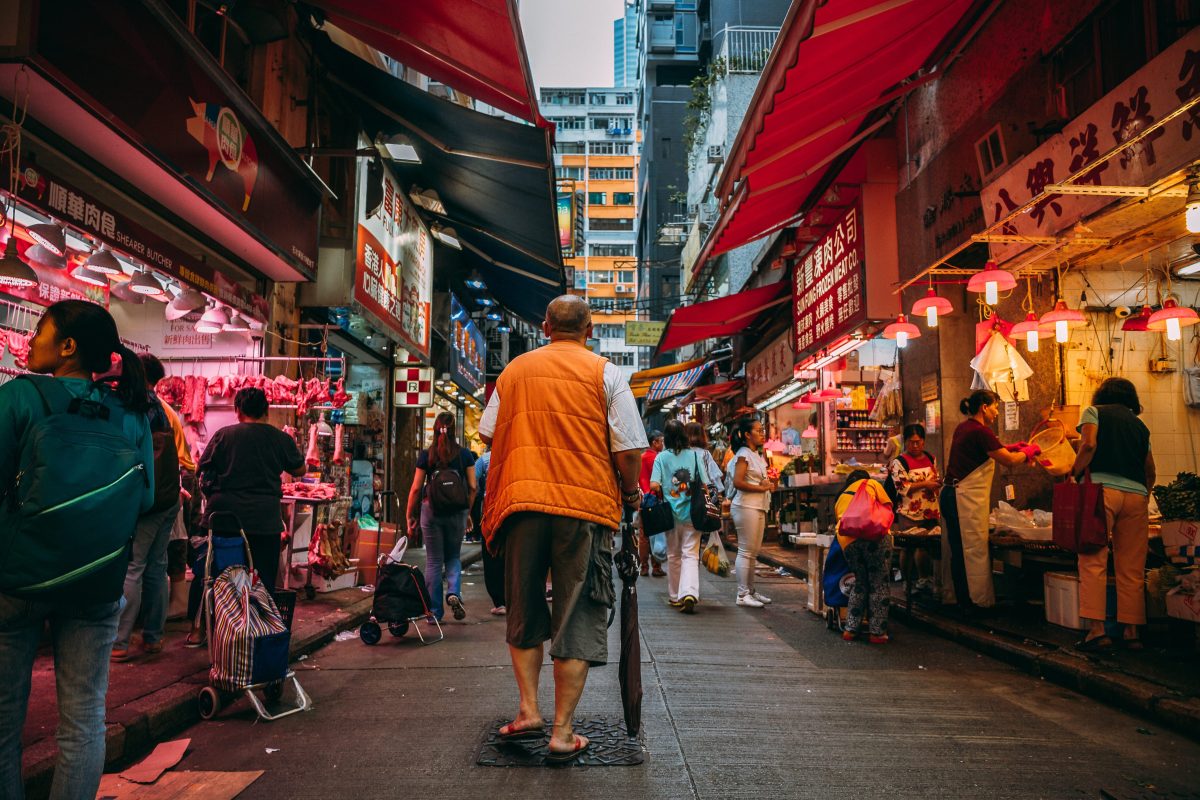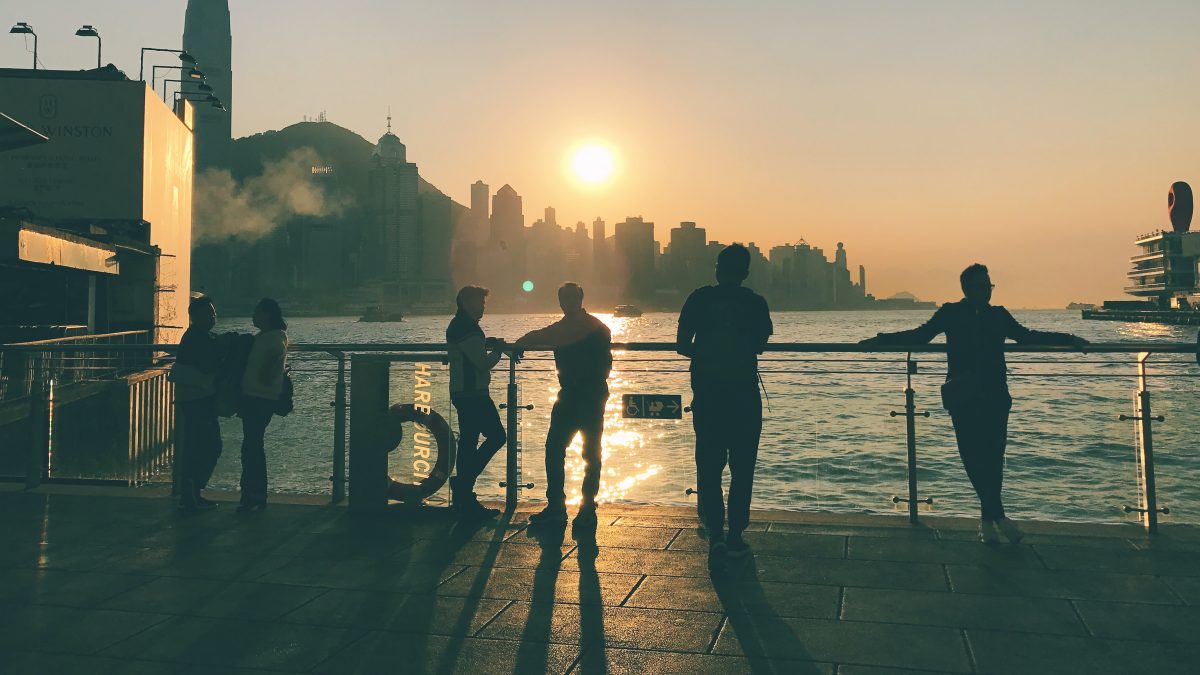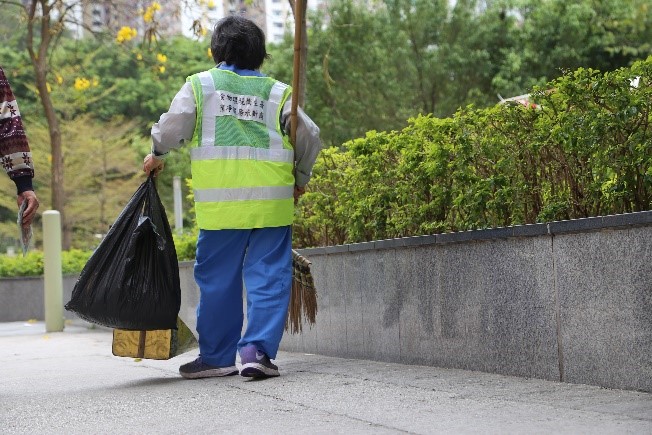In this blog, researchers will share their viewpoints on different topics through the lens of health equity – what’s the importance, relevance and implications to improve the health of the population and mitigate disparities among the health of different groups. We hope the sharing will spark interest of the public and stimulate discussions. We look forward to your participation and feedback!
By Eric Lai
Hong Kong’s plan to reduce public healthcare subsidies from 97% to 90% by 2030 represents a significant shift in one of the world’s most heavily subsidised systems. While the territory’s health bureau portrays this as necessary realignment, the proposed reform warrants careful consideration of its far-reaching implications for healthcare equity and access. By Eric Lai Hong Kong’s plan to reduce public healthcare subsidies from 97% to 90% by 2030 represents a significant shift in one of the world’s most heavily subsidised systems. While the territory’s health bureau portrays this as necessary realignment, the proposed reform warrants careful consideration of its far-reaching implications for healthcare equity and access. The most immediate concern is that increased costs will deter patients from seeking timely treatment. Healthcare decisions are rarely made with perfect information—patients struggle to distinguish between symptoms requiring immediate attention and those that can wait. By raising financial barriers, […]
By Eric Lai
Emergency rooms of public hospitals in Hong Kong are typically swamped with patients during traditional flu peaks in winter. The recent jump in Covid-19 cases is only aggravating the already egregious situation. It is not uncommon to see waiting times exceeding 8 hours – an outright ordeal for patients who rely on the public healthcare system. By Eric Lai Emergency rooms of public hospitals in Hong Kong are typically swamped with patients during traditional flu peaks in winter. The recent jump in Covid-19 cases is only aggravating the already egregious situation. It is not uncommon to see waiting times exceeding 8 hours – an outright ordeal for patients who rely on the public healthcare system. Such scenario partly reflects the under-development of the primary care system in Hong Kong. Around 60 percent of Accident and Emergency (A&E) cases belong to semi-urgent and non-urgent cases, most of which […]
By Gary Chung and Richard Lee
Poor housing worsens both physical and mental health, especially for the socially disadvantaged households living in tiny and crowded places or subdivided flats under the greatest housing unaffordability in Hong Kong. The pressing call is echoed in President Xi’s speech in July calling for bigger and more affordable homes for Hong Kong people and a greater state role in addressing the issue. By Gary Chung and Richard Lee Poor housing worsens both physical and mental health, especially for the socially disadvantaged households living in tiny and crowded places or subdivided flats under the greatest housing unaffordability in Hong Kong. The pressing call is echoed in President Xi’s speech in July calling for bigger and more affordable homes for Hong Kong people and a greater state role in addressing the issue. International review shows that individuals living in a crowded household have higher risk of infectious diseases and […]
By Anson Chau and Richard Lee
‘Resilience and Contributions of Older Women’ – the theme of this year’s International Day of Older Persons named by the United Nations – has spotlighted the achieved and potential contributions by older women, recognising their resilience in the face of environmental, social, economic and lifelong inequalities. By Anson Chau and Richard Lee ‘Resilience and Contributions of Older Women’ – the theme of this year’s International Day of Older Persons named by the United Nations – has spotlighted the achieved and potential contributions by older women, recognising their resilience in the face of environmental, social, economic and lifelong inequalities. The case in Hong Kong can’t be more relevant: women enjoyed the longest life expectancy in the world, and it has outperformed men for some 20 years since 1986 while a narrowing gap is observed in other countries. The contributions and resilience of women in bringing the prosperity of […]
By Jean Woo
The answer posed by the title of this article may seem obvious: that pandemic policies are formulated as a crucial part of public health. However, a more in-depth exploration show that the situation is complex and one may not simply assume that all pandemic policies equate with good public health. To do so would imply that these policies override all other aspects of public health. Current debates among Western societies on this topic are highlighted, and discussed with respect to current pandemic policies in Hong Kong, where differences in culture and health and social systems exist. By Jean Woo The answer posed by the title of this article may seem obvious: that pandemic policies are formulated as a crucial part of public health. However, a more in-depth exploration show that the situation is complex and one may not simply assume that all pandemic policies equate with good public […]
By Eric Lai and Richard Lee
We deplored to have learnt from Professor Paul Yip’s commentary that household income of the lowest decile has hardly increased since the handover. We also acknowledged that the entrenched issue of poverty must become a policy priority of the newly formed government in order to fulfil the UN’s 2030 Sustainable Development Goals and President Xi’s to-do list for the Chief Executive. By Eric Lai and Richard Lee We deplored to have learnt from Professor Paul Yip’s commentary that household income of the lowest decile has hardly increased since the handover. We also acknowledged that the entrenched issue of poverty must become a policy priority of the newly formed government in order to fulfil the UN’s 2030 Sustainable Development Goals and President Xi’s to-do list for the Chief Executive. Nonetheless, a deeper issue is that poverty and deprivation are closely related to people’s health. Despite Hong Kong is […]
鍾嘉麒 李衛棠
上回提到,嚴格防疫措施除了影響學童的運動水平和精神健康,更加劇了社會經濟地位所導致的不平等。透過運動提升學童的抗逆力可能是其中一個具成本效益的普及性預防策略,以改善其精神健康和減低健康差異。惟要充分發揮運動對學童精神健康的益處,提高整體運動量和促進平等參與十分重要。 上回提到,嚴格防疫措施除了影響學童的運動水平和精神健康,更加劇了社會經濟地位所導致的不平等。透過運動提升學童的抗逆力可能是其中一個具成本效益的普及性預防策略,以改善其精神健康和減低健康差異。惟要充分發揮運動對學童精神健康的益處,提高整體運動量和促進平等參與十分重要。 多元促進平等體育運動參與 一般人認為,學童做運動與否純粹是基於個人選擇。然而,健康公平的研究中發現,不同的社會、經濟和政治因素均影響市民健康的生活方式和決定。這些重要的「社會決定因素」包括學童的家庭背景,學童就讀學校的環境,學童居住的社區設計和社會環境,以及公共衞生和社會政策等等。 由「香港健康活力兒童計劃」製作,並自2016年起發表的「健康活力兒童-香港兒童及青少年體力活動報告卡」,能為學童運動所面對的 「社會決定因素」提供有用的參考數據。最近一份於2018年發表的「報告卡」涵蓋12個評價指標,並為各項指標訂立由A+至F的「等級」,有助了解香港的現況,促進國際間的比較,並提供制訂體育活動及健康政策的依據 。以下就以家庭、學校、社區和政策層面進行討論。 家庭層面:學童的運動習慣深受家庭背景和家長的運動取態所影響。根據2018年的「報告卡」,每周與家人運動最少一次的兒童和青少年僅佔37% 和23%,且不足兩成的中學生家長每周運動至少三次,故此家庭方面的指標只獲評為「 D-」級。若家長重視子女的運動發展和精神健康,便須以身作則多做運動。本地研究更指出,於運動水平較高家庭成長的基層學童,享有較好的生活質素和精神健康,可見運動推廣以家庭為本的可塑性。 學校層面:學校在推廣校園體育風氣和鼓勵課餘運動參與的角色同樣毋庸置疑。更重要的是,學校是基層學童的保護網,提供免費或以可負擔的價錢參與課內、外體育活動,甚或專項運動訓練的機會,從而灌輸逆境自強的運動家精神。「報告卡」就學校層面的評級為「 C」,代表在避免過份影響學校日常運作的前提下,校園體育推廣仍有待加強。 社區層面:「報告卡」就社區及環境設施層面的評級達「B 」級,顯示大部份人對居住環境安全及鄰近運動設施感到滿意。不過,相較於家庭背景較好的學童,基層學童的體育運動參與較容易受到其鄰近體育設施的多樣性、適宜步行的程度、以及公園的安全性等環境因素所影響。由此可見,運動友善的社區環境和充足的社區體育設施,能為資源相對較少的基層學童提供支持,從而促進平等運動參與。 政策層面:就政策而言,協助學生建立活躍和健康的生活方式早已是香港中、小學七個學習宗旨之一。雖然「報告卡」中政府策略及資源投放一欄的指標評級只是「 C」級,但教育局近年加強推動運動政策,並於2021/22學年啟動「躍動校園 活力人生」計劃,致力支援學校並凝聚不同持份者進一步推廣多元化的體育活動,鼓勵學童盡早培養恆常運動的習慣和正面積極的態度。無奈的是,嚴格的防疫措施令這些運動推廣政策的效果大打折扣,削弱了學校和社區環境對基層學童的保障。故此,政策制訂者應平衡防疫措施的即時效益及對學童長遠的身心健康代價,深思應如何在「新常態」下實踐運動推廣政策,重喚學童以至社會各界對體育運動的重視。 「復常」之餘應建立更健康和平等的社會環境 平等的體育運動參與和普及性精神健康支援是促進學童發展及改善健康差異的重要一環,亦是讓學童能夠全心學習追求學問的先決條件。透過運動增強抗逆力和精神健康,不但有助紓緩疫情對學童的影響,更重要的是未雨綢繆,減輕下一個疫症或災難事故來襲時對學童的衝擊。最後,隨著疫情漸趨緩和,社會的焦點不應只是「復常」,更重要的是如何在百廢待興之際轉危為機,多管齊下建立一個更加運動友善、有利學童精神健康和平等的社會環境。 作者 香港中文大學健康公平研究所博士後研究員鍾嘉麒博士 香港中文大學健康公平研究所經理李衛棠先生 這篇文章在2022年6月23日刊登在星島日報-家長版星島教育。
鍾嘉麒 李衛棠
過去的三個學年,香港的中小學生都在斷斷續續的停課及網上教學中度過。隨著同學們可以再次回校半日或全日上課,相信不少學校都趁這個機會,追趕學習進度或者舉辦結業禮、開放日等活動。這些教學和活動固然重要,不過如何在疫情中以至後疫情的環境下,提升學生的身心健康,同樣是一個值得大眾關注的課題。 疫情加劇學童體育運動參與和精神健康的不平等 政府在疫情下推行的防疫措施(包括停課、關閉運動和休閒場所等),限制了學童進行戶外運動的機會,令他們難以建立良好的運動習慣,反而花費更多時間在電子器材和社交媒體上;不同種類的運動訓練和身體活動水平卻顯著下降。這種情況與政府一貫的運動推廣政策背道而馳,而對於缺乏社會資源的基層學童而言,疫情對其高強度運動參與的影響尤其嚴重。換言之,嚴格的防疫措施除了降低整體學童運動水平,更很可能加劇了體育運動參與的不平等。 另一方面,學童在疫情下長期承受的擔憂、學習壓力,以至限聚措施引致的孤獨和適應困難,均嚴重地影響他們的精神健康。一個非政府機構在去年底公布的調查結果顯示,在3,669名受訪學生中,超過一半出現抑鬱情緒表徵,情況令人憂慮。此外,香港中文大學健康公平研究所就新冠疫情下青少年精神健康不平等的課題,進行了一個跨國性的研究,其中在香港12所學校訪問共1,095名學生。研究的初步結果顯示,社會經濟地位較低的學童,在疫情期間較容易感到焦慮、絕望、悶悶不樂和對未來失去信心。不過,研究同時發現,學童如果有較強的抗逆力,則會減輕社會經濟地位對其精神健康的不良影響。研究結果意味著增強學童的抗逆力能夠提升學童的精神健康,從而減低社會經濟地位所導致的不平等情況。 藉運動推行普及性精神健康支援 健康公平論述中的「比例普遍主義 (proportionate universalism)」認為,政策的擬定必須關顧到所有社會階層,進而逐步解決社會底層以及最弱勢社群的問題。故此,政策必先要全面而普及,但執行的程度和強度也要與風險和需求成正比。套用於精神健康議題上,教育局在最近開設的「校園‧好精神」學生精神健康資訊網站中,提出的「三層支援模式」(即鼓勵學校透過「普及性」、「選擇性」及「針對性」三個層面促進學童的精神健康),與上述的「比例普遍主義」有不少共通之處:要促進學童的精神健康及其平等,學校或其他持份者的支援應先涵蓋所有學童以防患於未然,再就其情緒需要和精神健康風險,按比例投放較多資源作選擇性和針對性的支援。 然而,學校在推行普及性精神健康支援方面並不容易,尤其是在密密麻麻的課堂中,再加入教授學生情緒認知、正向心理學等知識,對教學安排和學生吸收的能力都是莫大的挑戰。因此,揉合精神健康支援於學童的體育運動發展目標上,可以是其中一個具成本效益的普及性預防策略。運動不但促進身體健康,本地研究更清楚表明,體育運動鍛煉能有效增強學童的抗逆力,從而改善精神健康和減低健康差異。要充分發揮運動對學童精神健康的益處,提高整體運動量和促進平等參與十分重要。 香港在推動學童體育運動發展的表現如何?哪些範疇尤其值得關注?下回我們將從家庭、學校、社區和政策四大層面進行深入討論。 作者 香港中文大學健康公平研究所博士後研究員鍾嘉麒博士 香港中文大學健康公平研究所經理李衛棠先生 這篇文章在2022年6月22日刊登在星島日報-家長版星島教育。
By Eric Lai
While it is not surprising the disadvantaged among us are more prone to chronic illness, the good news is that the situation can be remedied through across-the-board efforts of government, civil society and city’s businesses. By Eric Lai The Covid-19 pandemic has exposed the plight of the underprivileged in society. Imagine the life of a typical grass-root person in Hong Kong – for example, a contract cleaner working nine to 12 hours a day, six days a week, and earning just above the statutory minimum wage of HK$37.50 (US$8) per hour. They can hardly afford any time for exercise or the money for a gym membership. The weather can be unforgiving – summer days are scorching, but those working outdoors may not have adequate access to basic amenities such as running water and shelter to rest and cool down. This is not to mention occupational hazards like […]

